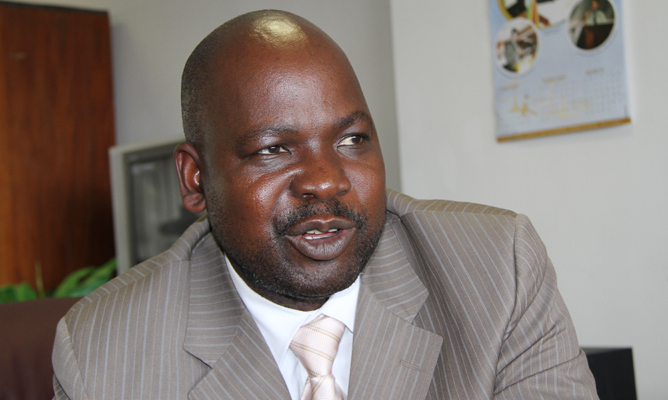
The government has called for proposals into the research of the economic impact of sanctions, which on the surface may look like a good idea, but some may fear this is another elaborate waste of taxpayers’ money.
NewsDay Editor
On Sunday, the Higher and Tertiary Education ministry advertised the call for proposals and it is baffling why the government has taken so long to undertake studies on the effects of sanctions, almost a decade and a half after they were first imposed.
Firstly, this comes as the then Attorney-General Johannes Tomana wasted thousands of scarce dollars pursuing a useless lawsuit against sanctions. A question that needs to be asked is: What was the basis of the lawsuit if the government really had no idea of the effects of sanctions?
In a normal situation, the government should have first carried out the research it has now called for instead of putting the cart before the horse by starting with a lawsuit.
The government was literally groping in the dark with that ill-fated lawsuit and rightfully lost and this call for proposals should further serve as an indictment for Tomana for his abuse of public money.
The government has thrown about figures ranging up to $42 billion, saying this is the revenue lost due to sanctions and a key question is where were they getting these figures or these were just thumb-suck as usual.
This means the government is approaching sanctions like a headless chicken, with no clue on their impact and, therefore, with no idea how to get them overturned.
- Chamisa under fire over US$120K donation
- Mavhunga puts DeMbare into Chibuku quarterfinals
- Pension funds bet on Cabora Bassa oilfields
- Councils defy govt fire tender directive
Keep Reading
In that same breath, the Higher Education ministry should not worry about external realities it cannot change, but rather look at how it can change internal dynamics.
What Zimbabwe needs first is a study on how poor governance, nepotism and corruption have brought the country to its knees.
Examples of corruption in the public sector are abound and even if the country were to get sanctions overturned by the West, what is the impact of “internal sanctions” we have imposed on ourselves?
Government ministers cannot even agree on spending cuts, public debt is spiralling and, more than ever, there is policy discord and the country needs to know what effect this has on the economy before we even discuss sanctions.
No matter how evil sanctions are, what Zimbabwe needs is deep introspection and getting the internal fundamentals right, rather than worrying what our neighbours think about us.
Once we have cleaned up corruption, improved on our governance record, stuck to the rule of law and observed basic human rights and constitutionalism, sanctions will rightly fall away.
As it is, this looks like a waste of money and even if we were to get the results of how bad sanctions are, the reality is they will not be lifted until we improve on democratic fundamentals and that is where we need to start.











